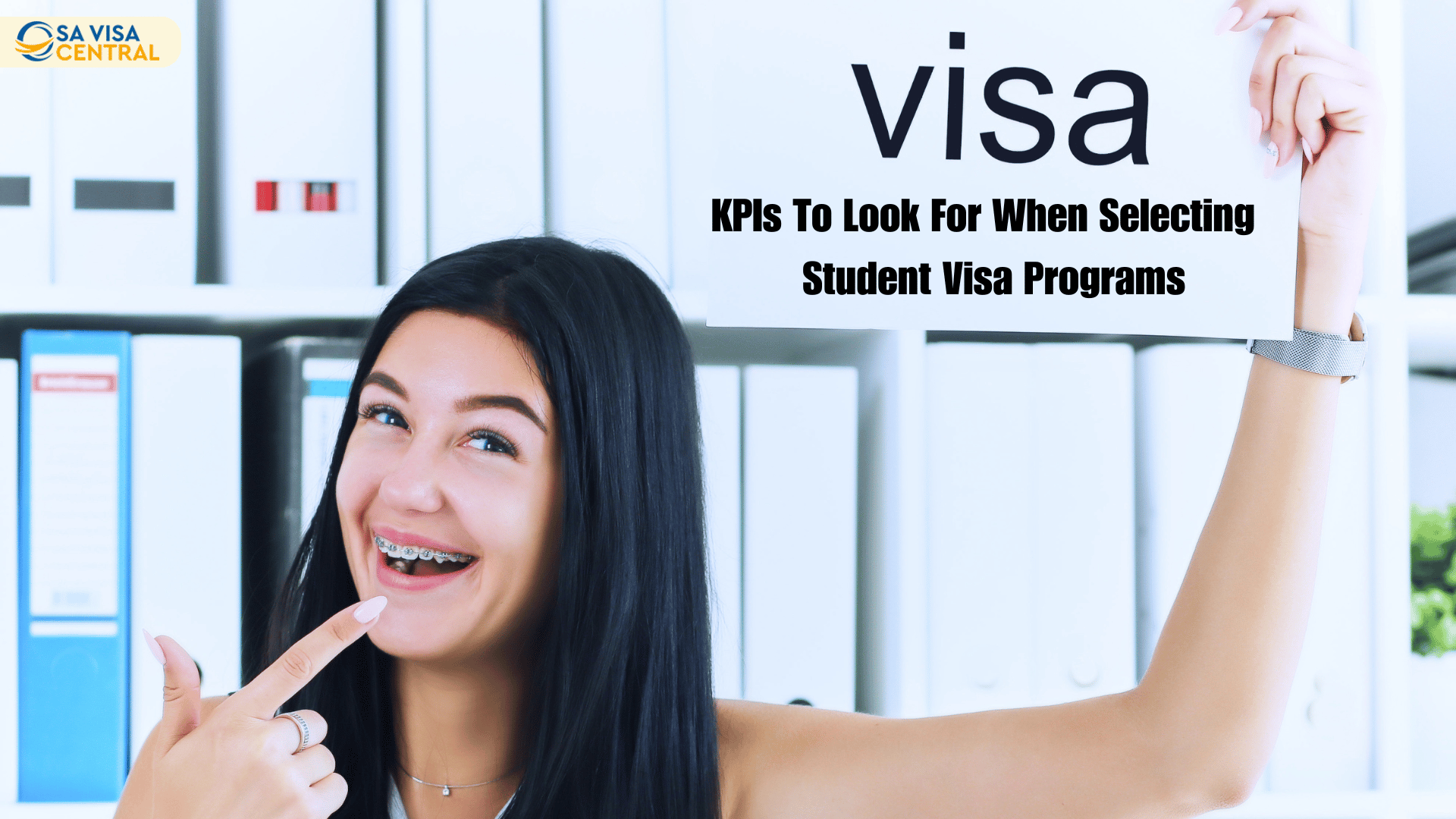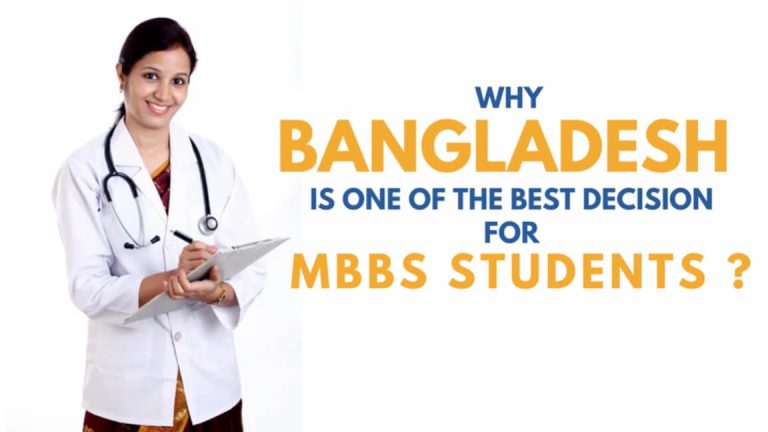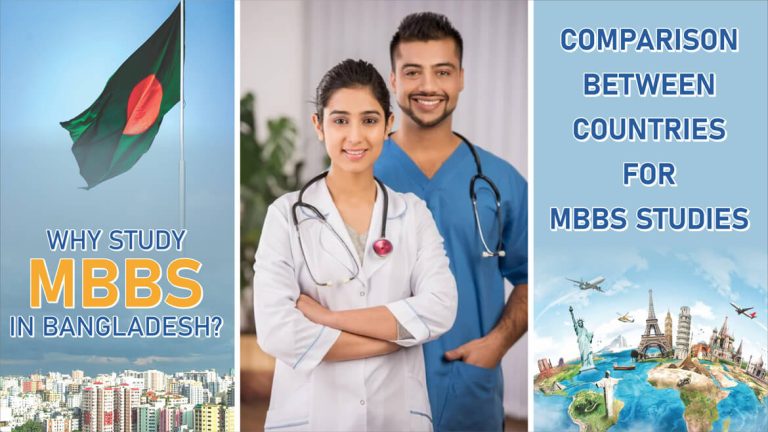Choosing the right study visa program is key for reaching your educational dreams. Consider the country, institution and duration of the program, as well as the requirements and eligibility criteria.
Research the immigration policies and regulations of your desired destination. Different countries have various visa categories with differing requirements and benefits. Some countries offer post-study work opportunities or pathways to permanent residency – important for long-term career prospects.
Don’t forget to look into reputation and accreditation of the educational institution. A recognized institution can give quality education and boost your job market credibility. Financial aid options for international students can also be a factor.
Luckily, a consultant helped her find a program that fit her ambitions. She switched to one that gave more research opportunities and financial support for STEM students. Samantha was then able to pursue her academic goals.
Table of Contents
Understand Your Education Goals
To choose the right program, first understand your education goals. Consider your long-term career plans. Do you have a profession in mind? Are you seeking specialized knowledge or skills?
Think about what type of learning environment you prefer. Do you like hands-on or theoretical settings? Research programs and institutions to find out which ones fit your style.
Also consider the location. Are there cultural or environmental factors that matter to you? Do you want a different lifestyle or to explore new places? This’ll help you decide if studying abroad or locally is best.
Finally, get advice from academic advisors or mentors. They can suggest programs and resources tailored to your needs.
Research Study Visa Programs
When selecting a study visa program, consider the destination country. Research universities and assess the quality of education, cost of living, scholarships, and job prospects. Make sure you meet eligibility criteria such as qualifications, language tests, finances, and health insurance.
Explore the support services offered to international students. Look for help with accommodation, orientation, academic support, career guidance, and student clubs. A welcoming environment will make your learning experience better.
Get advice from educational consultants or specialists. They can provide helpful insights and guide you through the process of finding the right program that meets your goals.
Assess Program Requirements
Assessing program requirements is key to selecting the perfect study visa program. Making sure you meet all prerequisites and eligibility criteria is essential for success.
Evaluate the courses, program duration, and language requirements. See if the program fits your educational goals. Examine the structure including coursework & research opportunities. This’ll give you an idea of the education quality.
Location, cost of living & scholarship opportunities can also play a role. Consider these details before committing.
Therefore, it is vital to carefully assess program requirements. This will help you pick one that suits your educational goals while taking into account factors like course offerings, eligibility criteria, and future prospects.
Here’s a fact: MIT is the top university globally, according to the U.S. News & World Report’s Best Global Universities Rankings 2022 edition. Education is priceless – unless you need to pay for it!
Consider Cost and Affordability
The cost and affordability of a study visa program is essential to achieving education goals. Evaluate tuition fees, living costs, and other expenses. Compare multiple universities or colleges to get an idea of the average cost. Consider accommodation, transportation, health insurance, textbooks, and other essentials. Research the local cost of living. Explore financial aid options such as scholarships, grants, or assistantships.
Think about both immediate and long-term financial implications. Invest wisely in education for personal and professional growth. Plan a budget and seek guidance from professionals. Take proactive measures to secure funding sources or part-time job prospects. Make sure the student support services are up to par. Don’t miss out on valuable experiences and knowledge gained through studying abroad. Take the leap and make your education aspirations a reality.
Evaluate Student Support Services
Evaluating Student Support Services is essential when selecting the ideal study visa program. Here’s what to take into account:
- Accessibility: See if the institution provides easy access to support services such as academic advising and career counseling.
- Resources: Make sure the university offers well-equipped libraries, research facilities, and online platforms for students to expand their learning experience.
- Mentoring Programs: Find institutions that provide mentorship opportunities where experienced faculty or senior students help guide and support newcomers in adapting to their new educational environment.
- Health and Wellbeing Services: Check if the university offers medical facilities, counseling services, and wellness programs to accommodate students’ physical and mental health needs.
Considering these aspects will aid you in making a sound decision about the student support services available in your prospective study visa program.
Plus, it’s important to be aware that some universities may offer unique services not mentioned above. These could include networking events with industry professionals or extracurricular activities to promote personal growth.
Before settling on a study visa program, take the time to research and evaluate the student support services offered by each institution. This information is essential in assuring a prosperous and fulfilling educational journey.
Now is the time to make a wise choice. Don’t miss out on a chance that can shape your future. Examine student support services closely and pave your way towards a successful academic endeavor!
Review Visa Application Process
Visa applications are essential when studying abroad. To make it easier, follow these 4 steps:
| 1. | Research the requirements. Every country has different rules and regulations. Check the embassy or consulate’s website for the most accurate info. |
| 2. | Gather the documents. You’ll need a passport, letter of acceptance from a school, financial statements, language proficiency proof, and other documents mentioned in the guidelines. |
| 3. | Prepare the application. Carefully review the instructions on how to fill it out and submit. Double-check for errors before finalizing. |
| 4. | Submit & track. Submit the application and fees at the designated place or online, if available. Note down any tracking number and keep a copy of the receipt. |
Remember, processing times vary. Respond promptly if they ask for additional info. Also, some countries offer expedited visa processing for an extra fee.
Make an Informed Decision
Selecting a study visa program is essential for achieving your academic goals. Make sure it meets your needs and dreams. Think about factors such as the university’s status, course flexibility, job possibilities, and cost-effectiveness. Examining these aspects will help you decide on a program that offers a great experience.
Research universities and their offerings when deciding on a study visa program. Find those with a good standing in your field of interest. Consider things like instructors’ know-how, research opportunities, and alumni accomplishments. This will allow you to identify which institutions are best suited to you.
Flexibility of the course is also important. Look for programs that offer a variety of modules and let you tailor the curriculum to your interests and career goals. This way, you can gain specialised knowledge and still get a comprehensive education.
Explore job prospects related to your chosen field. Look for programs with internships or work placements, as these will enhance your employability after graduation. Also, ask about networking chances like career fairs or alumni networks that may help you connect with potential employers.
The cost-effectiveness of the program is key. Evaluate tuition fees, accommodation expenses, and living costs in the host country before making a decision. Consider any scholarships or financial aid available, as these can reduce the cost of studying abroad.
Conclusion
Choosing the right study visa program for your education goals requires thought. You need to think of your long-term objectives, money, and the chances in different countries. Understanding the requirements and application process for each program is vital.
When selecting a study visa program, evaluate its compatibility with your education goals. Look at the curriculum, faculty expertise, and educational resources. Make sure the program aligns with your academic interests and offers growth possibilities.
Examine the financial aspects of each study visa program. Think about tuition fees, cost of living, and possible scholarships or funding. Evaluate your money situation and check if you can afford studying abroad.
Also, explore the opportunities available in different countries. Research job prospects, internships, networking opportunities, and cultural experiences. This will help you decide which country provides better prospects for your future career.
Sarah is one example of how important it is to choose the right study visa program. Her dream was to pursue a career in environmental science, so she chose Canada due to its universities and natural landscapes. She had access to advanced research facilities and could engage with leading experts in her field. This helped her obtain a job at an environmental organization after completing her studies.
FAQs
Ques 1. What factors should I consider when choosing a study visa program?
Ans 1. When choosing a study visa program, you should consider factors such as the reputation of the educational institution, the suitability of the program to your career goals, the language requirements, the cost of living and tuition fees, and the availability of scholarships or financial aid.
Ques 2. How do I know if a study visa program is accredited?
Ans 2. You can verify the accreditation of a study visa program by checking if the educational institution is recognized by reputable accrediting bodies or government agencies in the host country. It is important to ensure that the program meets quality standards and will be recognized by employers or other educational institutions.
Ques 3. Can I work part-time while studying with a study visa?
Ans 3. The ability to work part-time while studying with a study visa varies depending on the country and the specific visa program. Some countries have restrictions, while others allow students to work a limited number of hours per week. It is important to research and understand the specific regulations regarding student employment for the chosen study visa program.
Ques 4. How long does the application process for a study visa program typically take?
Ans 4. The application process for a study visa program can vary in length. It is recommended to start the application process well in advance to allow sufficient time for gathering required documents, completing language tests, and obtaining approval from the educational institution and immigration authorities. The processing time can range from a few weeks to several months.







Leave feedback about this